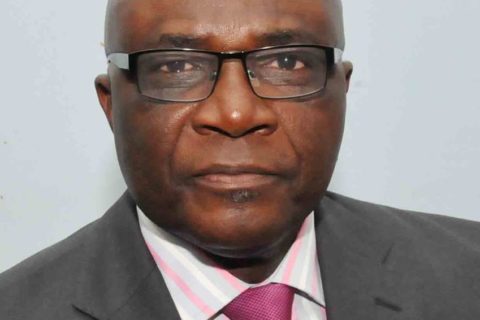The Chief Executive Officer of the Nigerian Financial Intelligence Unit (NFIU), Hajiya Hafsat Bakari at a high-profile summit with top law enforcement agencies, called for enhanced collaboration and the integration of advanced technology to combat the increasing complexity of financial crimes.
Addressing representatives from the military, intelligence, security, and law enforcement services, the CEO emphasized the need for a unified approach to disrupt criminal networks operating both domestically and internationally.
The summit, held in Abuja, marks the first in a series of strategic dialogues between the NFIU and Nigeria’s competent authorities. The goal is to address the growing challenges posed by sophisticated financial crimes, including fraud, corruption, and terrorism financing, which have increasingly moved into the digital and transnational space.
“We do not investigate, we do not arrest, and we do not prosecute,” the CEO explained, stressing the NFIU’s core role as an analytical body. “Our focus is on following the money trail, providing actionable financial intelligence to law enforcement agencies.”
One of the key challenges highlighted was the enormous volume of data the NFIU processes. In 2023 alone, the unit received over 60,000 suspicious transaction reports and more than 15 million currency transaction reports.
The CEO underscored the difficulty in analyzing such massive data in an era where emerging technologies, such as cryptocurrency and decentralised finance, complicate the identification of financial activities linked to criminal enterprises.
“From cryptocurrency to agency banking, the link between the owner of the funds and the transaction itself is becoming more opaque,” she said. “We need efficient and effective systems for conducting financial analysis if we are to prevent and disrupt crime.”
The CEO also outlined several strategic priorities aimed at addressing these challenges. She called for improved use of technology across law enforcement agencies and the integration of various databases, noting that fragmented systems often hinder timely and coordinated responses. “Building integrated systems and deploying tools like artificial intelligence and machine learning can transform how we disrupt criminal networks,” she asserted.
She further proposed the creation of fusion cells and joint investigation teams to focus on the most serious crime networks, citing inefficiencies where multiple agencies investigate the same targets without collaboration.




